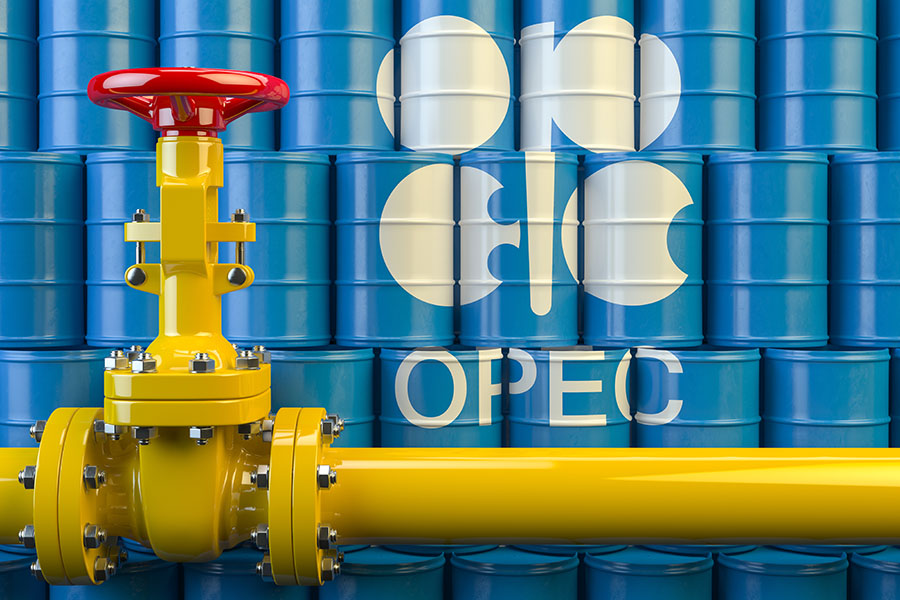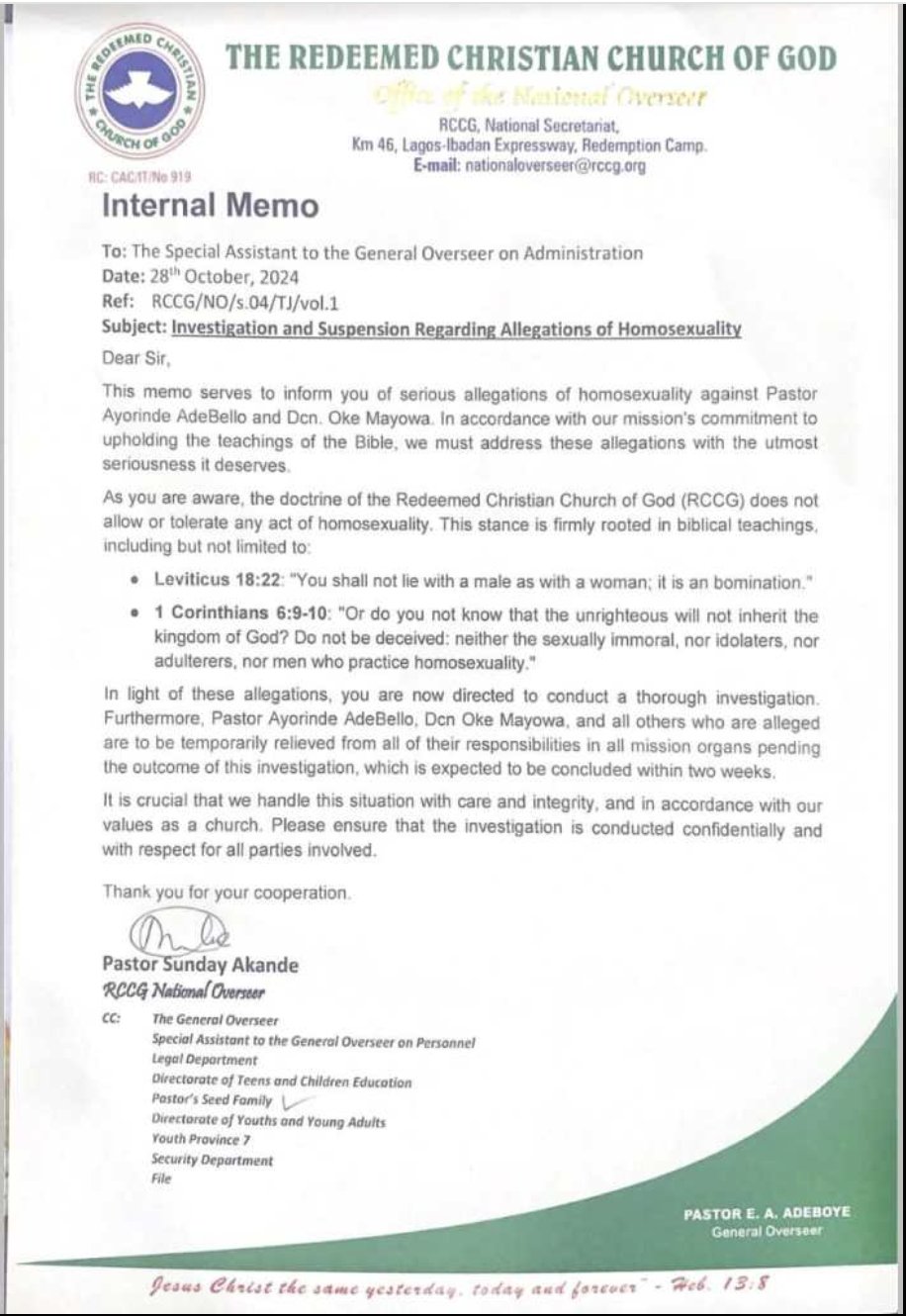
In order to stabilize the global market, OPEC+ has implemented a reduction in Nigeria's oil output, excluding condensate, by 20.7% to 1.38 million barrels per day (mb/d), down from 1.74 mb/d. OPEC+ refers to the alliance of the Organisation of Petroleum Exporting Countries and its allies.
The crucial decision was made during the recent 49th Meeting of the Joint Ministerial Monitoring Committee (JMMC) and the 35th OPEC and non-OPEC Ministerial Meeting, which took place in Vienna, Austria. According to the new voluntary adjustment program outlined by the organization, Saudi Arabia will have the highest production at 10.48 million barrels per day (mb/d), surpassing all other nations, while Sudan will have the lowest production at 64,000 barrels per day (bpd).
According to the program, OPEC member states, with a combined output of nearly 25 million barrels per day (mb/d), continue to contribute significantly to global oil production. Meanwhile, non-OPEC countries account for 15.5 million barrels per day (mb/d) of the total global output.
The statement emphasized the ongoing dedication of the OPEC and non-OPEC Participating Countries in the Declaration of Cooperation (DoC) to achieve and maintain stability in the oil market. It highlighted the importance of providing long-term guidance and adopting a proactive and pre-emptive approach. In line with these principles, the Participating Countries decided to reconfirm their commitment to the Framework of the Declaration of Cooperation, initially signed on 10 December 2016 and subsequently endorsed in subsequent meetings. They also reiterated their support for the Charter of Cooperation, signed on 2 July 2019.
Furthermore, the agreement includes a decision to "adjust the overall crude oil production level for the OPEC and non-OPEC Participating Countries in the Declaration of Cooperation (DoC) to 40.46 million barrels per day (mb/d) from 1 January 2024 until 31 December 2024." The distribution of this production level is outlined in the attached table.
The statement also emphasizes the importance of the Joint Ministerial Monitoring Committee (JMMC) and extends its mandate. The JMMC, supported by the Joint Technical Committee (JTC) and the OPEC Secretariat, will closely monitor global oil market conditions, production levels, and adherence to the DoC and the statement. The JMMC meetings will be held every two months.
The decision grants the Joint Ministerial Monitoring Committee (JMMC) the authority to convene additional meetings or request an OPEC and non-OPEC Ministerial Meeting whenever necessary to address market developments.
It is also reaffirmed that the conformity to the Declaration of Cooperation (DoC) will be monitored based on crude oil production information from secondary sources and in accordance with the established methodology for OPEC Member Countries.
Furthermore, the statement emphasizes the utmost importance of adhering to full conformity and highlights the concept of compensation for countries that produce above the required production level outlined in the attached table. These countries are expected to compensate for their excess production in addition to meeting their previously agreed-upon production levels.









Leave a comment